Find Help
More Items From Ergsy search
-
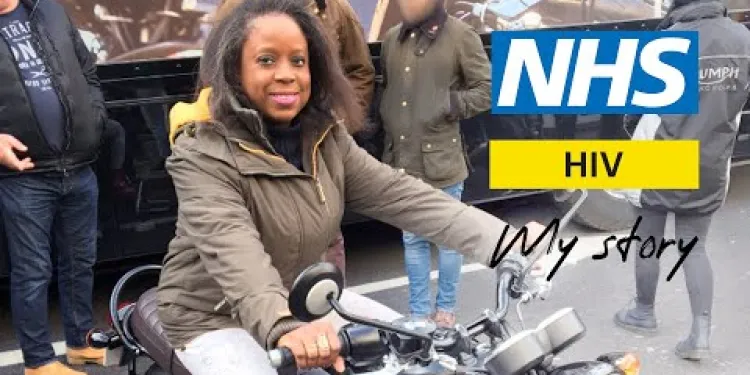
HIV - My Story - Florence | NHS
Relevance: 100%
-

What is HIV?
Relevance: 63%
-

What is HIV / AIDS?
Relevance: 60%
-
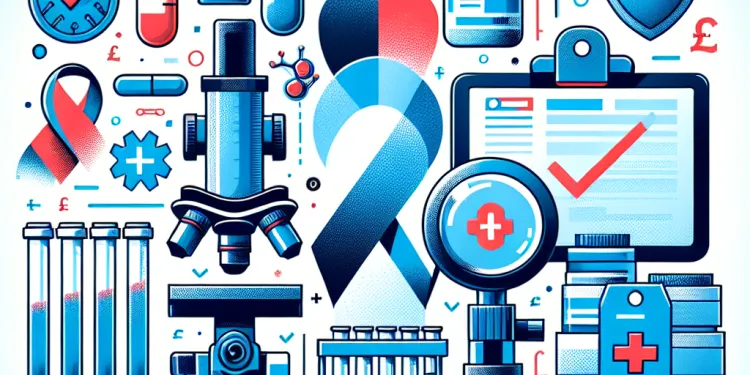
How is HIV diagnosed?
Relevance: 60%
-

Are there vaccines available for HIV?
Relevance: 60%
-

How is HIV transmitted?
Relevance: 60%
-

HIV and pregnancy | NHS
Relevance: 60%
-
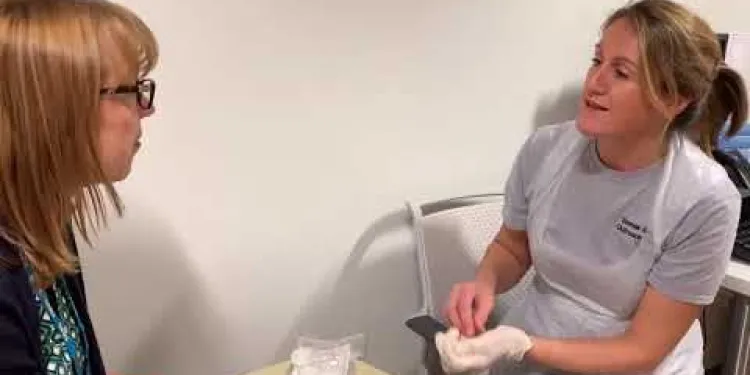
Sexual Health - HIV Testing
Relevance: 58%
-
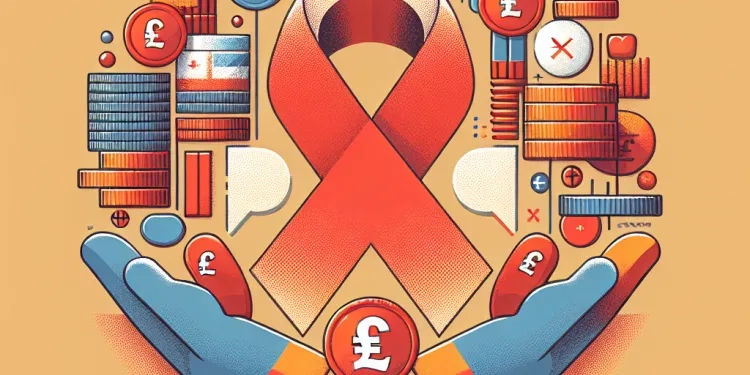
How can HIV be prevented?
Relevance: 58%
-

What is the difference between HIV and AIDS?
Relevance: 56%
-
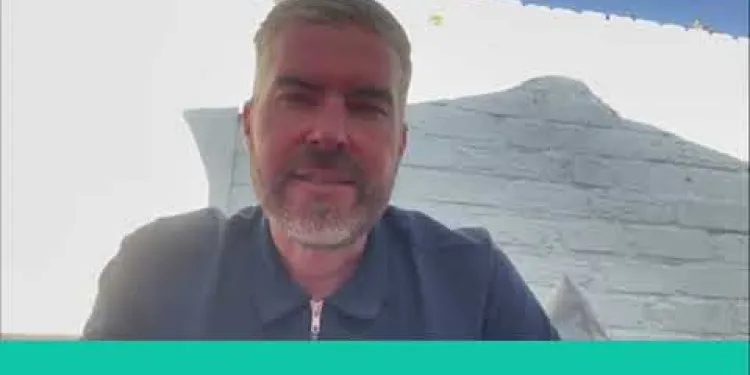
Danny's Story
Relevance: 54%
-
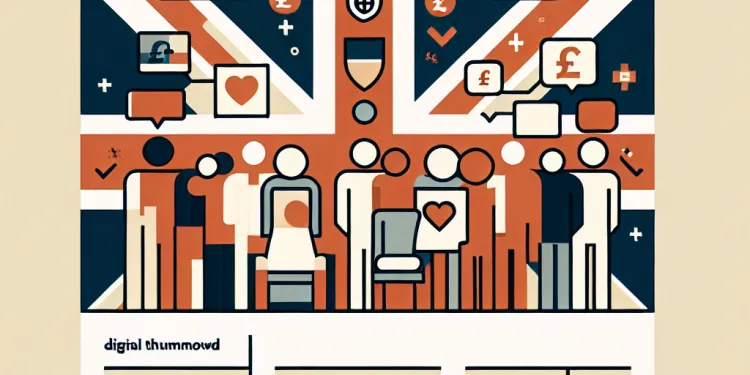
Can people with HIV lead normal lives?
Relevance: 54%
-
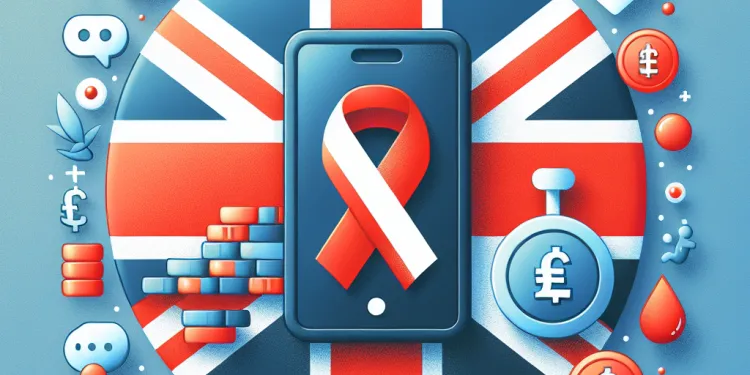
Is HIV only a concern for certain groups of people?
Relevance: 54%
-

Can HIV be transmitted through insect bites?
Relevance: 54%
-
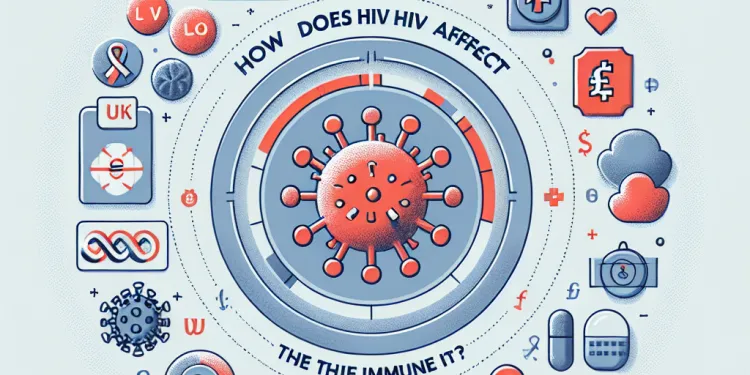
How does HIV affect the immune system?
Relevance: 53%
-
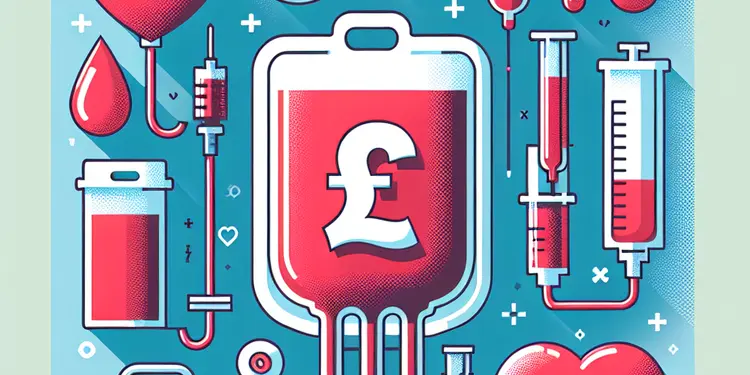
Can HIV be transmitted through blood transfusions?
Relevance: 53%
-

What role does stigma play in the HIV epidemic?
Relevance: 51%
-
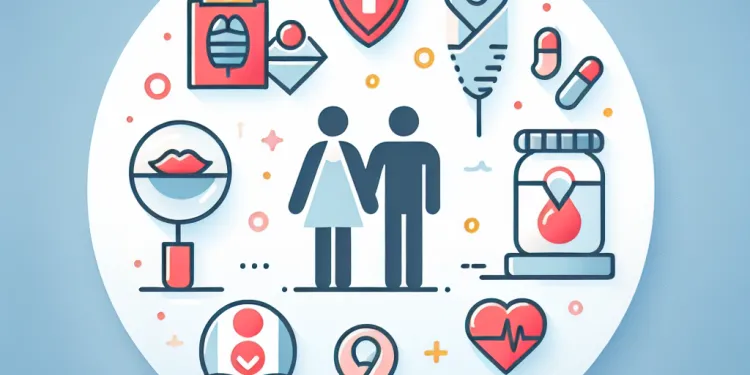
Is it safe for a partner of someone with HIV to have children?
Relevance: 51%
-
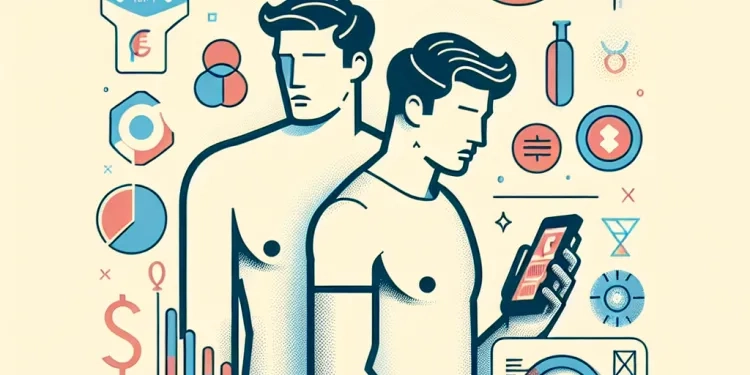
How often should someone get tested for HIV?
Relevance: 50%
-
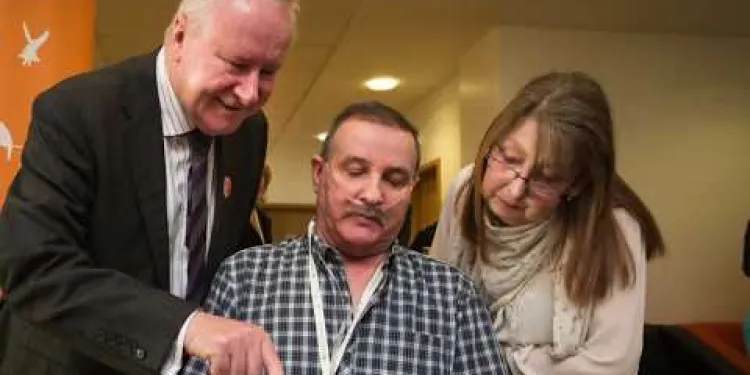
Bernard's Story - Lung Transplant
Relevance: 45%
-
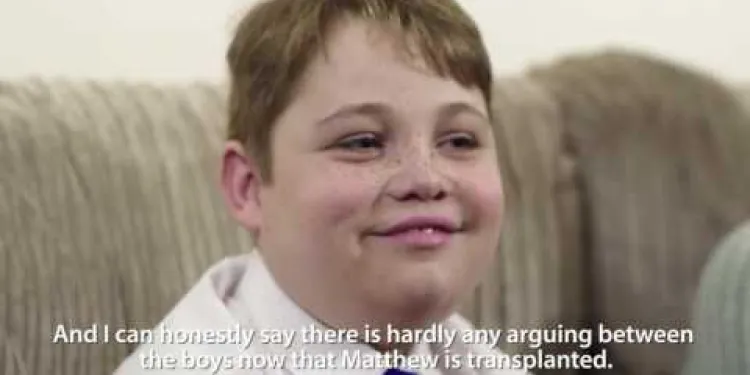
Matthew's Story: Kidney Transplant - Part 1
Relevance: 45%
-
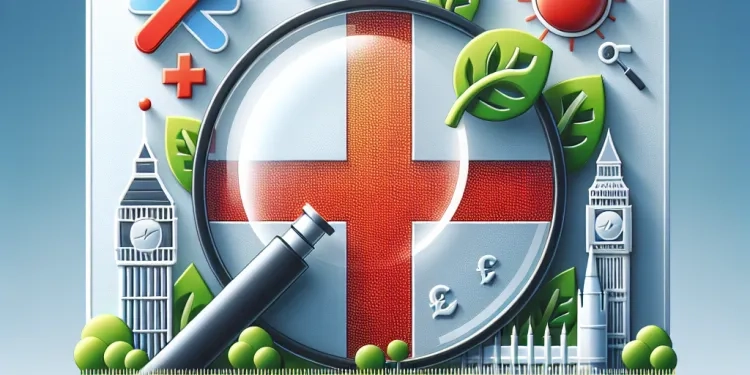
Can HIV be cured?
Relevance: 44%
-
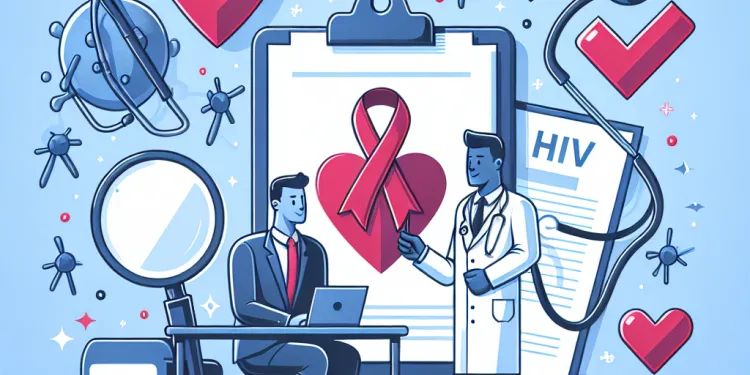
What are the symptoms of HIV?
Relevance: 44%
-
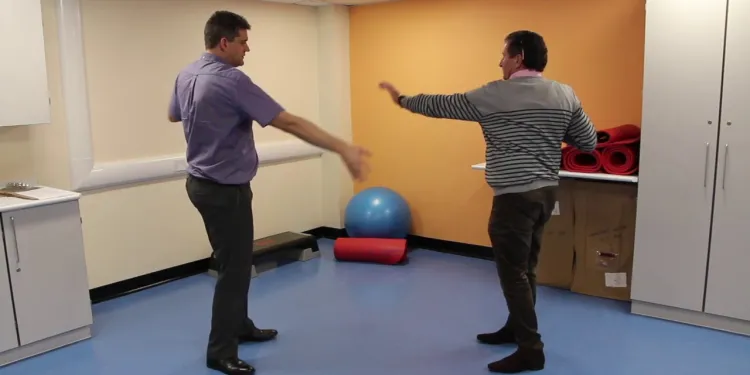
Sean's Story - There is another way. Information for prescribers
Relevance: 42%
-
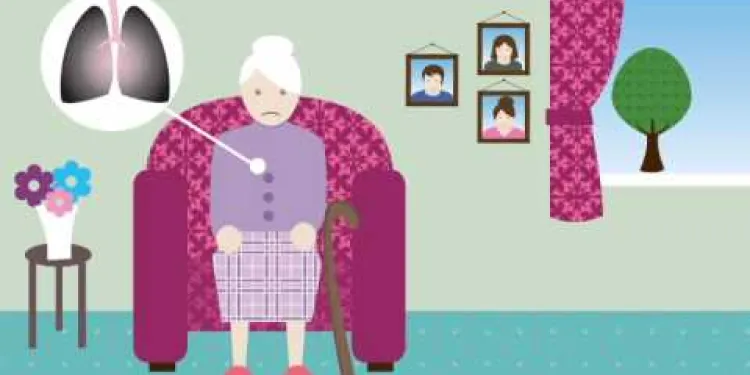
Dorothy's Story (Falls/Chest Infection)
Relevance: 41%
-

Parkinson's disease: Karen's story | NHS
Relevance: 40%
-
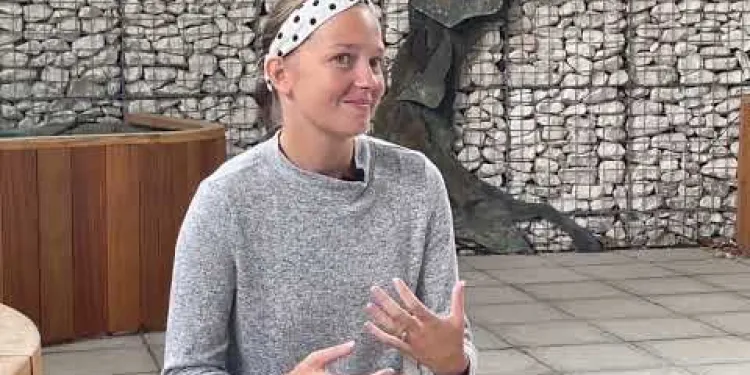
Emma's story: My brain tumour story
Relevance: 40%
-
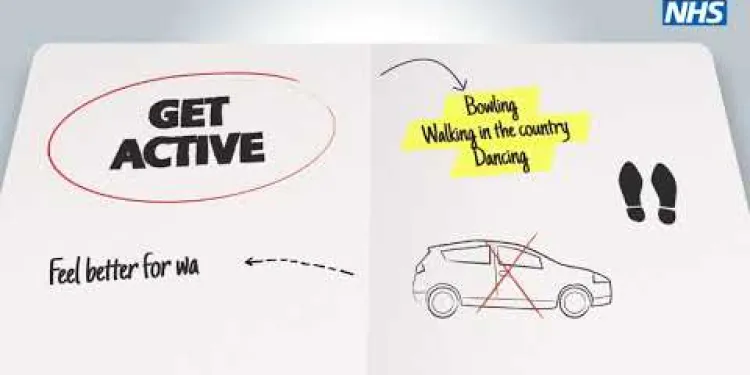
Pam’s story - The NHS Diabetes Prevention Programme
Relevance: 39%
-
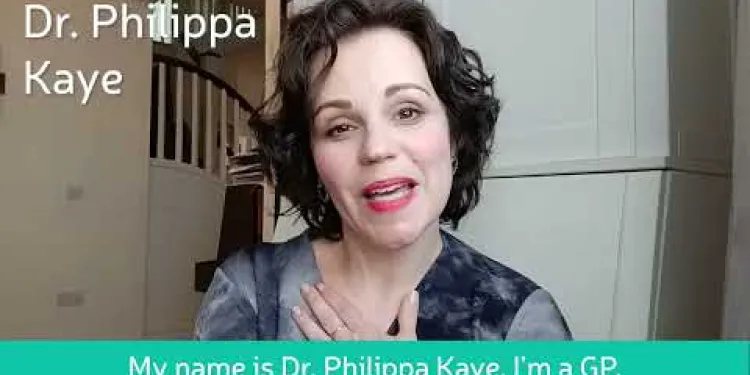
Dr Philippa Kaye's story
Relevance: 38%
-
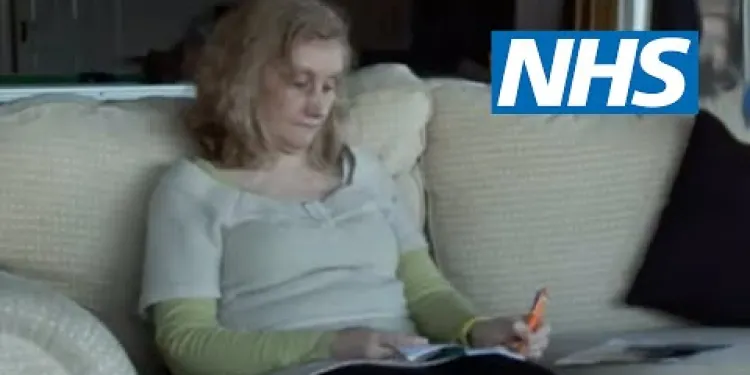
Fibromyalgia: Suzanne's story | NHS
Relevance: 38%
-

Mental Health: Laura's Story | NHS
Relevance: 37%
-
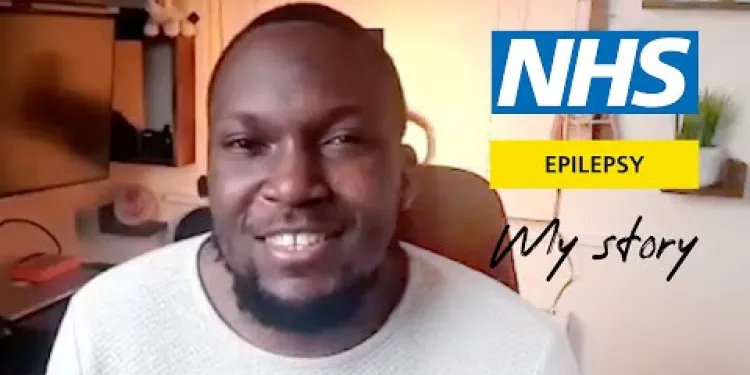
Epilepsy - My Story | NHS
Relevance: 36%
-
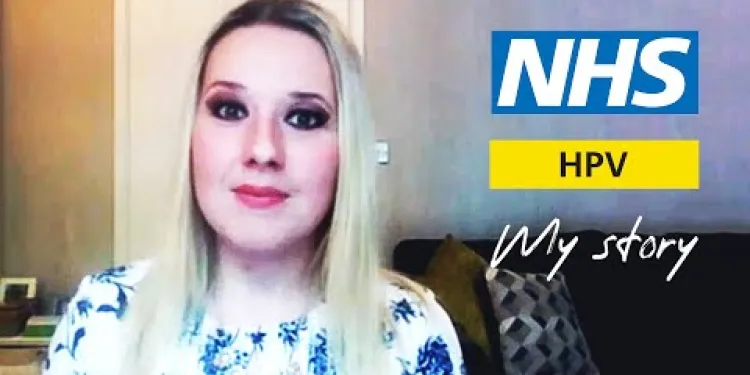
HPV - My Story | NHS
Relevance: 36%
-
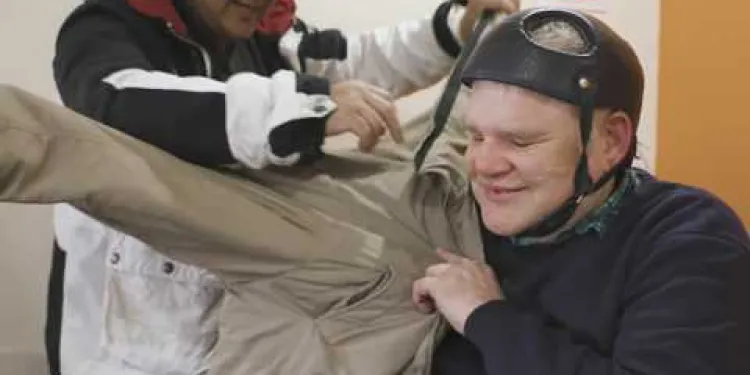
Transforming Care for people with Learning Disabilities and/ or Autism: Peter's Story
Relevance: 35%
-

Joan's story - Aphasia Awareness
Relevance: 35%
-
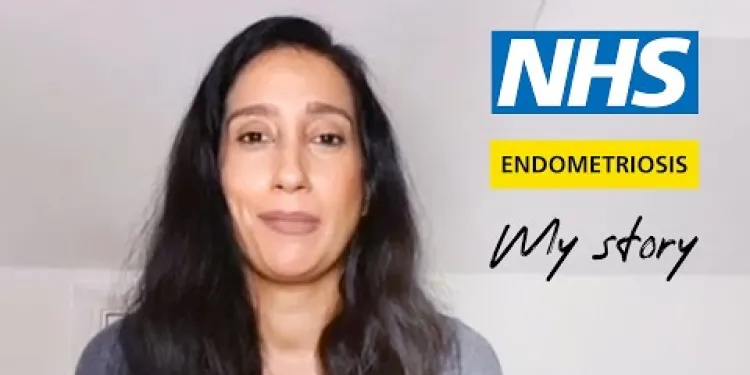
Endometriosis - My Story | NHS
Relevance: 34%
-
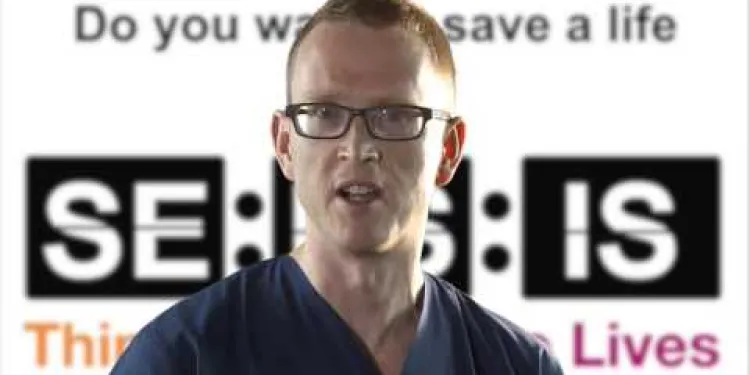
Sepsis - a patient story
Relevance: 34%
-
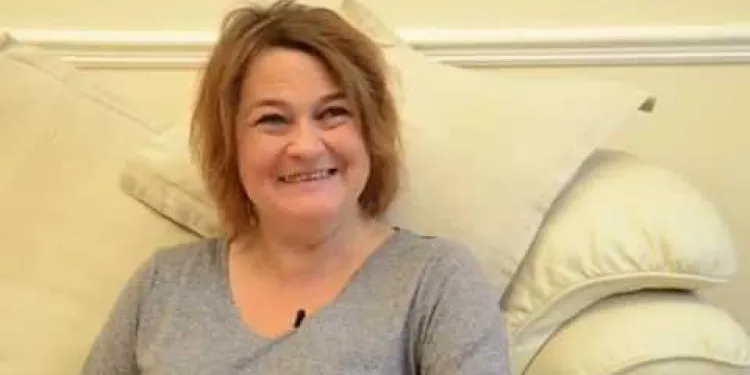
Home Haemodialysis - Donna's story
Relevance: 34%
-
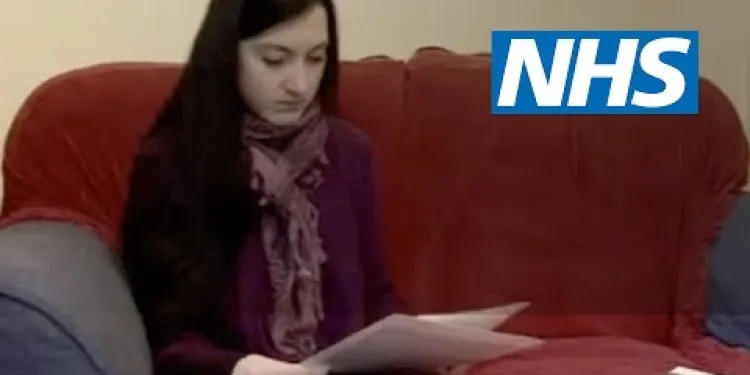
Anorexia: Katie's story | NHS
Relevance: 34%
-
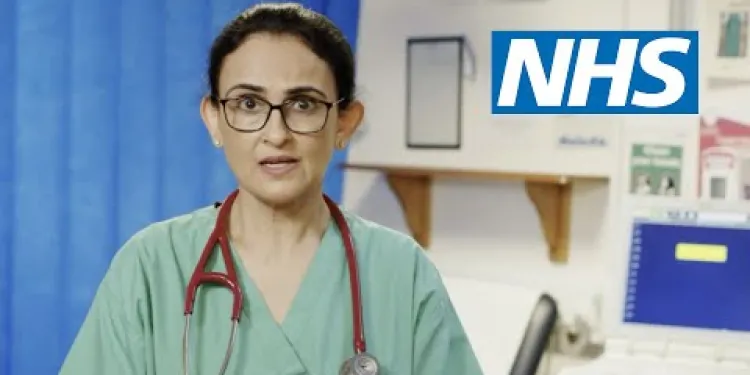
Heart Attack Stories | NHS
Relevance: 34%
HIV - My Story - Florence
Diagnosis and Initial Reactions
My name is Florence, and I was diagnosed with HIV five years ago. The moment I heard the diagnosis, my world shattered. I was overwhelmed with fear, confusion, and dread. I couldn't believe this was happening to me. My first instinct was to hide it and keep it a secret, afraid of the stigma that often follows an HIV diagnosis.
Education and Acceptance
After the initial shock subsided, I knew I had to educate myself about HIV. The NHS provided a wealth of resources, and I learned that with proper treatment, it's possible to live a long, healthy life with HIV. Antiretroviral therapy (ART) became my lifeline. Understanding the importance of early treatment and regular check-ups was crucial for me in accepting my status and moving forward.
Support Systems
One of the significant turning points in my journey was finding support groups. The NHS and local charities in the UK offer amazing support networks where I met others who were living with HIV. Sharing our experiences and coping strategies built a sense of community and greatly alleviated my sense of isolation. My family and close friends have also been pillars of support, standing by me every step of the way.
Living a Full Life
Today, I am happy to say that I lead a fulfilling and productive life. Regular visits to my healthcare provider, adhering to my medication regimen, and maintaining a healthy lifestyle are integral parts of my routine. I am proof that an HIV diagnosis is not a death sentence. With the advances in medical care available through the NHS, living with HIV is manageable. I hope my story inspires others to seek help and live openly and positively.
Looking Forward
My message to anyone who may be struggling with an HIV diagnosis is to reach out for support and utilize the resources available. The NHS offers comprehensive care and guidance for those living with HIV. Remember, you are not alone. It is possible to live well with HIV, and with proper care, the future is bright.
HIV - My Story - Florence
Finding Out and My First Reactions
Hello! I'm Florence. I found out I had HIV five years ago. When I heard this news, I felt very scared and confused. I wanted to keep it a secret because I was worried about what people might think.
Learning and Accepting
After some time, I decided to learn more about HIV. The NHS has lots of information, which helped me. I found out that with the right treatment, I can live a long and healthy life. I take special medicine every day, which is very important. This medicine helps keep me healthy and strong. Learning this helped me feel better about myself.
Finding Support
A big help for me was finding support groups. The NHS and charities in the UK have groups where I met other people with HIV. We talk and help each other, so I don't feel alone. My family and friends also support me, which makes me feel loved and strong.
Living a Happy Life
Now, I am happy and live a good life. I see my doctor often and take my medicine every day. I also try to eat healthy food and stay active. This shows that having HIV doesn't stop me from living well. The NHS has great medical care that helps me a lot. I hope my story helps others to ask for help and live happily too.
Hope for the Future
If you have just found out you have HIV, know that there is help for you. The NHS has great care and advice. You are not alone. With good care, you can have a bright future too.
Frequently Asked Questions
What inspired Florence to share her story about HIV?
Florence was inspired to share her story to raise awareness and educate others about living with HIV, in hopes of reducing stigma and providing support to others in a similar situation.
How did Florence find out she was HIV positive?
Florence found out she was HIV positive during a routine health check-up.
What were Florence's initial reactions upon learning about her HIV status?
Florence initially felt shocked and overwhelmed but soon sought to educate herself on living with HIV and finding support networks.
How has Florence's life changed since her HIV diagnosis?
Since her diagnosis, Florence has embraced life with more resilience, focusing on her health and well-being, and advocating for others with HIV.
What kind of support systems did Florence find helpful?
Florence found support from healthcare professionals, support groups, and family members crucial in managing her condition.
How does Florence manage her HIV treatment?
Florence manages her HIV treatment through regular medication, consistent health check-ups, and maintaining a healthy lifestyle.
What message does Florence have for people newly diagnosed with HIV?
Florence's message to newly diagnosed individuals is to stay informed, seek support, and remember that it is possible to live a full and healthy life with HIV.
How important is regular health check-up for people living with HIV?
Regular health check-ups are crucial for monitoring the condition, managing treatment effectively, and maintaining overall health.
What role does education play in HIV awareness according to Florence?
Florence believes that education is key to reducing stigma, spreading awareness, and empowering those affected by HIV.
What are some common misconceptions about HIV that Florence addresses?
Florence addresses misconceptions such as HIV being a death sentence and its transmission myths, emphasizing the importance of accurate information.
How has the support from healthcare professionals impacted Florence?
Support from healthcare professionals has been vital in providing Florence with the necessary treatment, guidance, and confidence to manage her condition.
How does Florence contribute to HIV awareness and advocacy?
Florence contributes by sharing her personal story, participating in awareness campaigns, and offering support to others living with HIV.
What are some challenges Florence faced after her diagnosis?
Florence faced challenges such as dealing with the emotional impact, accessing reliable information, and overcoming societal stigma.
What advice does Florence give to those supporting someone with HIV?
Florence advises supporters to be compassionate, educate themselves about HIV, and provide a non-judgmental presence.
How has Florence's perception of HIV changed over time?
Florence’s perception has evolved from fear and uncertainty to resilience and empowerment through education and support.
Why did Florence want to tell her story about HIV?
Florence wanted to tell her story about HIV. She wanted to help others understand and learn. Florence thought sharing her story could help people feel better and know more. Here are some tools that might help you read about Florence's story: - A family member or friend can read the story with you. - Use apps that turn text to speech. They can read the words out loud for you. - Try highlighting words you find hard. You can look them up or ask someone to help explain them.Florence wanted to tell her story. She wants people to know more about living with HIV. She hopes her story will help people understand better and be kinder. She also wants to help others who have HIV.
How did Florence learn she had HIV?
Florence found out she had HIV when a doctor did a simple test on her blood. This test can show if someone has HIV. It is important for people to visit a doctor. Doctors can help find out if someone has HIV or other illnesses. If you need help reading or understanding, you can ask a friend, family member, or helper. They can explain things to you. It is okay to ask for help.
Florence went to the doctor for a regular health check-up. That's when she found out she has HIV.
How did Florence feel when she first found out she had HIV?
This question asks what Florence felt and thought when she learned she has HIV. It is important to use simple words that help everyone understand. You can use pictures or videos to help explain. Talking with someone who knows about HIV can also help.
At first, Florence felt really surprised and worried. But then, she learned more about living with HIV and found people who could help her.
What is different in Florence's life after finding out she has HIV?
Florence learned she has a sickness called HIV. Let's talk about what is different in her life now.
Support tips:
- Florence talks to a doctor about her health.
- She takes medicine every day to stay healthy.
- Family and friends can help by listening and being kind.
- Florence learns new ways to stay strong and happy.
Since she found out she has HIV, Florence has become even stronger. She takes really good care of herself and helps others with HIV too.
What things helped Florence?
Florence got help from doctors, support groups, and her family. This help was very important for her to feel better.
How does Florence take care of her HIV medicine?
Here is how Florence looks after herself with HIV:
- Medicine: Florence takes her medicine every day. It helps her stay healthy.
- Doctor Visits: She sees her doctor often. The doctor checks her health.
- Healthy Living: Florence eats good food, exercises, and rests. This keeps her strong.
- Support: She talks to friends and family. They help her feel better.
If you need help reading, you can:
- Ask someone to read with you.
- Use audio books or apps to listen to stories.
- Take your time and go at your own speed.
Florence takes care of her HIV by doing a few important things. She takes her medicine regularly, visits the doctor often, and tries to live a healthy life.
What does Florence want to tell people who just found out they have HIV?
Florence has a message for people who just learned they have HIV. HIV is a virus. It is a big change, and you might feel worried or scared.
Florence wants to remind you that you are not alone. There are medicines that can help you feel better. It is important to talk to doctors and people who can support you.
If you have questions, ask someone you trust. People care about you and want to help.
Here are some things you can use:
- Books with simple words to learn more.
- Talk to friends or family who can listen to you.
- Doctors and nurses know a lot and can help you a lot.
Remember, you are important and you can live a happy life with HIV.
Florence says to people who just found out they have HIV: learn as much as you can, get help from others, and remember you can still live a happy and healthy life with HIV.
Why are health check-ups important for people with HIV?
Going to the doctor is very important if you have HIV. Regular visits help you stay healthy. Your doctor checks how your body is doing. This way, they can help you feel better and stop problems before they start.
Here are some things to remember:
- Visit the doctor as often as they tell you to.
- Take your medicine every day.
- Talk to your doctor if you feel different or sick.
- Ask questions if you don't understand something. It's okay to ask for help!
Some tips that can help:
- Use alarms or phone reminders to remember doctor visits and medicine times.
- Bring a friend or family member to your check-ups. They can help you listen and remember what the doctor says.
- Write down your questions so you can ask the doctor during your visit.
Going to the doctor regularly is important. It helps us see how we are doing, makes sure our treatment is working, and keeps us healthy.
How does school help people learn about HIV, according to Florence?
Florence thinks learning is very important. It helps people understand more about HIV. This can stop people from being mean. It also helps people with HIV feel stronger.
What does Florence teach about HIV that people often get wrong?
Florence talks about things people get wrong, like thinking HIV means you will die soon or about how it spreads. She says it is important to have the right information.
How have doctors and nurses helped Florence?
Help from doctors and nurses is very important. They give Florence the treatment, advice, and confidence she needs to take care of her health.
What does Florence do to help people know more about HIV?
Florence helps people learn about HIV. She talks to others to make them understand it better. Florence tells people how to stay healthy and safe. She also supports those who have HIV.
Florence works with groups that help people with HIV. She shares important messages in a way everyone can understand.
Tools like pictures or videos can help people learn more easily. Reading together with a friend or using audio tools can also help.
Florence helps by telling her own story, joining groups to teach people about HIV, and helping other people who have HIV.
What problems did Florence have after she found out she was sick?
It can be hard to understand big words, but there are ways to help:
- Breaking down words: Try to read one word at a time.
- Ask for help: It's okay to ask someone you trust to explain.
- Use pictures: Look for pictures that make the words easier to understand.
- Audio books: Listen to someone read the words out loud.
Florence had some tough times. She felt sad and confused. It was hard to find good information. People sometimes treated her differently because of what happened.
What advice does Florence give to people helping someone with HIV?
Florence wants to help people who support someone with HIV. Here is what she says:
- Be kind to them. It is important to show care and love.
- Listen to what they have to say. Sometimes, they just need someone to hear them.
- Learn about HIV. This helps you understand what they are going through.
- Help them find the right doctors. This can make them feel better and safe.
- Remind them they are not alone. Support from friends is really important.
Using pictures or simple stories can help understand more about HIV. You can also use apps that help you read and learn better.
Florence says helpers should be kind, learn about HIV, and be there without judging people.
How does Florence think about HIV now compared to before?
Florence used to think about HIV in one way. Now, her thoughts have changed.
She learned new things and talked to more people. This helped her understand better.
Some tools that help learn are pictures and videos. Talking with friends or a helper can also be good.
Florence used to feel scared and unsure. But now, Florence feels strong and confident. This change happened because of learning new things and getting help from others.
Useful Links
This website offers general information and is not a substitute for professional advice.
Always seek guidance from qualified professionals.
If you have any medical concerns or need urgent help, contact a healthcare professional or emergency services immediately.
Some of this content was generated with AI assistance. We’ve done our best to keep it accurate, helpful, and human-friendly.
- Ergsy carfully checks the information in the videos we provide here.
- Videos shown by Youtube after a video has completed, have NOT been reviewed by ERGSY.
- To view, click the arrow in centre of video.
- Most of the videos you find here will have subtitles and/or closed captions available.
- You may need to turn these on, and choose your preferred language.
- Go to the video you'd like to watch.
- If closed captions (CC) are available, settings will be visible on the bottom right of the video player.
- To turn on Captions, click settings .
- To turn off Captions, click settings again.
More Items From Ergsy search
-

HIV - My Story - Florence | NHS
Relevance: 100%
-

What is HIV?
Relevance: 63%
-

What is HIV / AIDS?
Relevance: 60%
-

How is HIV diagnosed?
Relevance: 60%
-

Are there vaccines available for HIV?
Relevance: 60%
-

How is HIV transmitted?
Relevance: 60%
-

HIV and pregnancy | NHS
Relevance: 60%
-

Sexual Health - HIV Testing
Relevance: 58%
-

How can HIV be prevented?
Relevance: 58%
-

What is the difference between HIV and AIDS?
Relevance: 56%
-

Danny's Story
Relevance: 54%
-

Can people with HIV lead normal lives?
Relevance: 54%
-

Is HIV only a concern for certain groups of people?
Relevance: 54%
-

Can HIV be transmitted through insect bites?
Relevance: 54%
-

How does HIV affect the immune system?
Relevance: 53%
-

Can HIV be transmitted through blood transfusions?
Relevance: 53%
-

What role does stigma play in the HIV epidemic?
Relevance: 51%
-

Is it safe for a partner of someone with HIV to have children?
Relevance: 51%
-

How often should someone get tested for HIV?
Relevance: 50%
-

Bernard's Story - Lung Transplant
Relevance: 45%
-

Matthew's Story: Kidney Transplant - Part 1
Relevance: 45%
-

Can HIV be cured?
Relevance: 44%
-

What are the symptoms of HIV?
Relevance: 44%
-

Sean's Story - There is another way. Information for prescribers
Relevance: 42%
-

Dorothy's Story (Falls/Chest Infection)
Relevance: 41%
-

Parkinson's disease: Karen's story | NHS
Relevance: 40%
-

Emma's story: My brain tumour story
Relevance: 40%
-

Pam’s story - The NHS Diabetes Prevention Programme
Relevance: 39%
-

Dr Philippa Kaye's story
Relevance: 38%
-

Fibromyalgia: Suzanne's story | NHS
Relevance: 38%
-

Mental Health: Laura's Story | NHS
Relevance: 37%
-

Epilepsy - My Story | NHS
Relevance: 36%
-

HPV - My Story | NHS
Relevance: 36%
-

Transforming Care for people with Learning Disabilities and/ or Autism: Peter's Story
Relevance: 35%
-

Joan's story - Aphasia Awareness
Relevance: 35%
-

Endometriosis - My Story | NHS
Relevance: 34%
-

Sepsis - a patient story
Relevance: 34%
-

Home Haemodialysis - Donna's story
Relevance: 34%
-

Anorexia: Katie's story | NHS
Relevance: 34%
-

Heart Attack Stories | NHS
Relevance: 34%


